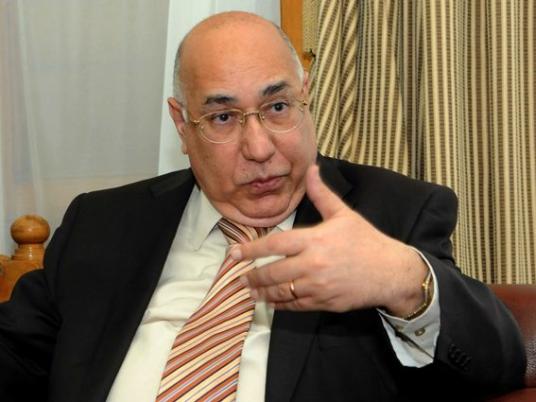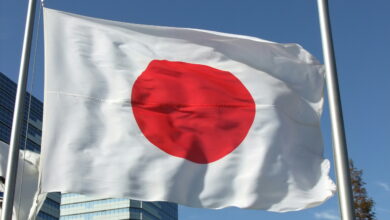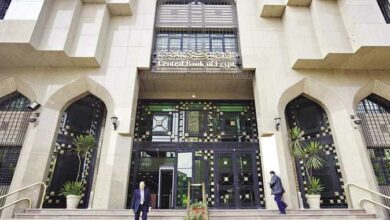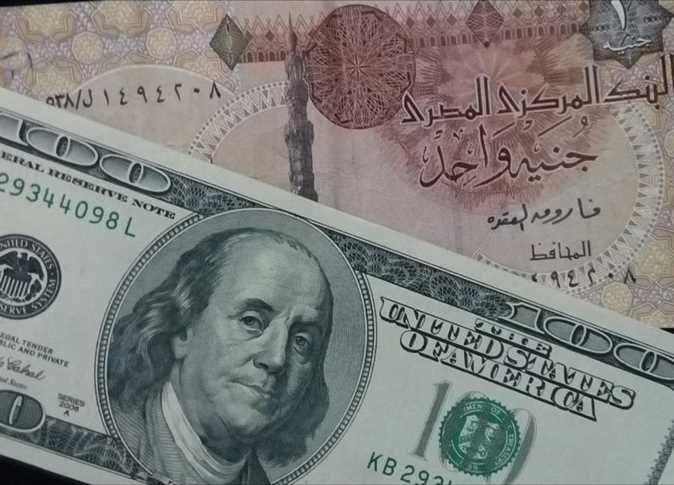
Finance Minister Momtaz al-Saeed said Wednesday that the budget deficit is currently LE170 billion, which is higher than the LE135 billion predicted when the budget was introduced.
The minister told the state owned magazine Al-Mosawar that the government will seek to offset the deficit by applying progressive taxes on revenues and cutting down fuel subsidies.
Allocations for fuel subsidies in the 2012/13 budget are estimated to be nearly LE70 billion. Prime Minister Hesham Qandil said that subsidies increased in last year's budget to LE115 billion, up from a planned LE95 billion, which, he said, increased the budget deficit from a planned LE150 billion to LE175 billion.
The privately-owned daily Al-Shorouk quoted an official source at the Finance Ministry on Tuesday as saying that the government had provided nearly LE30 billion in fuel subsidies during the first quarter of 2012.
Saeed told Al-Mosawar that the current government’s policies favor the poor, adding that the government intends to employ 500,000 people within one year for a minimum monthly salary of LE800. He noted however that the maximum payments would not be applied, due to the dissolution of the People's Assembly, which had proposed it.
Salaries make up more than LE136 billion, 25 percent of this year's budget. The budget in total is nearly LE533 billion.
Saeed added that ministers' salaries were increased to LE30,000 in September. He said that President Mohamed Morsy has refused payment since his election in June.
The minister said Egypt is continuing its negotiations with the International Monetary Fund for the US$4.8 billion loan it had requested.
Saeed added that Egypt will receive $500 million from Qatar in October, the second batch of a promised $2 billion Qatari loan.
Egypt received the first portion of the Qatari loan in August, and awaits another $1 billion in November and December, according to the minister.
Saeed also noted that Egypt received a grant of $500 million from Saudi Arabia, as well as a deposit of US$1 billion.
He added that the kingdom had bought Egyptian bonds worth $500 million, in addition to another grant of $250 million for fuel subsidies.




